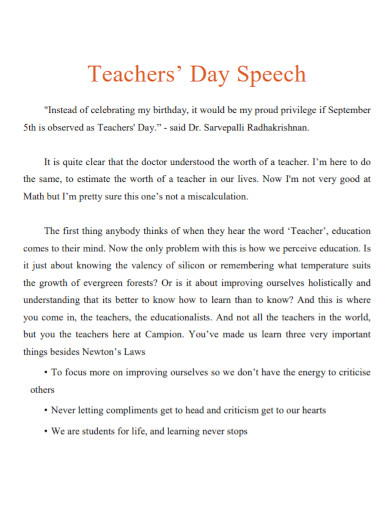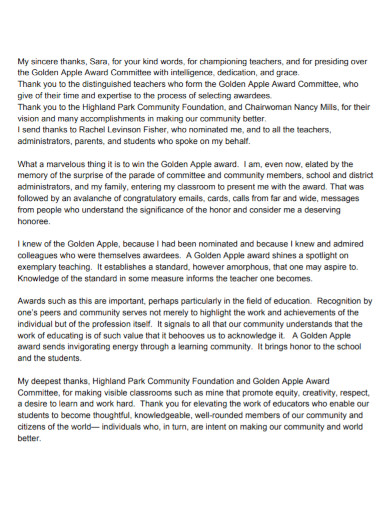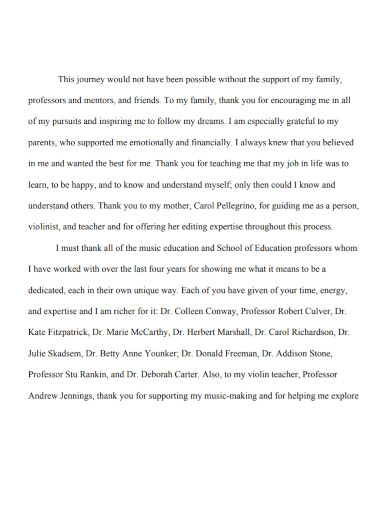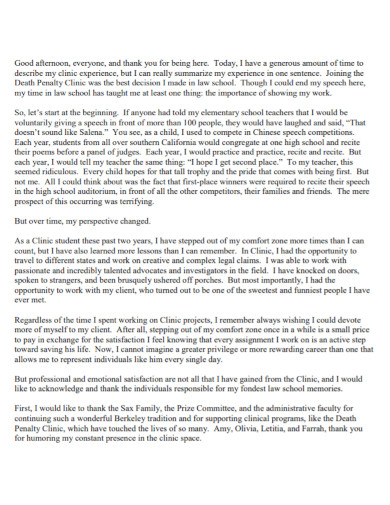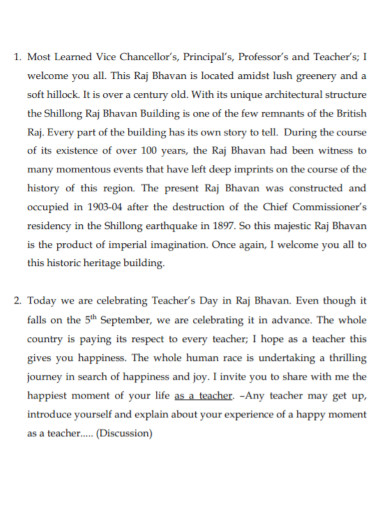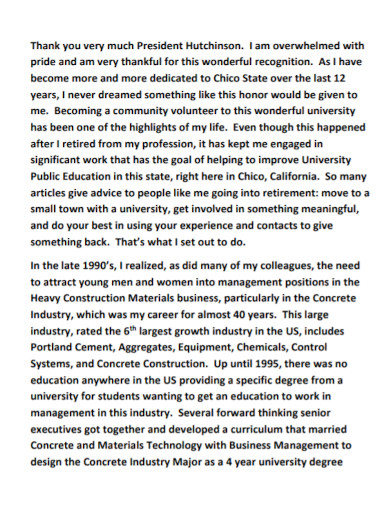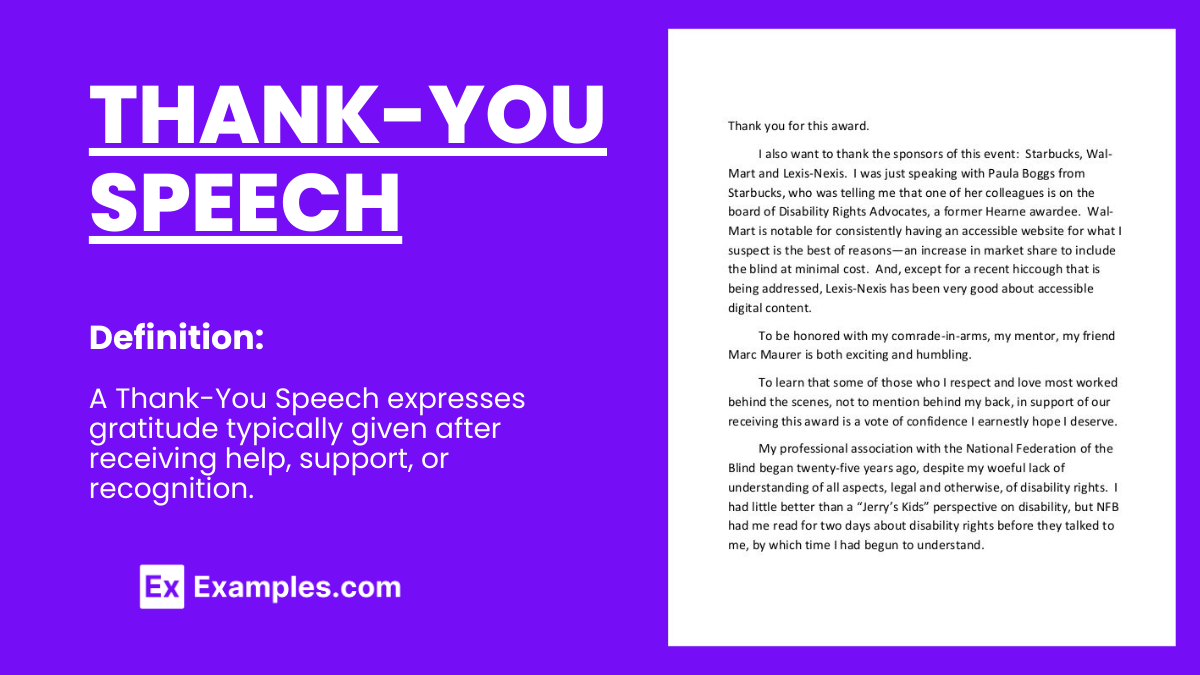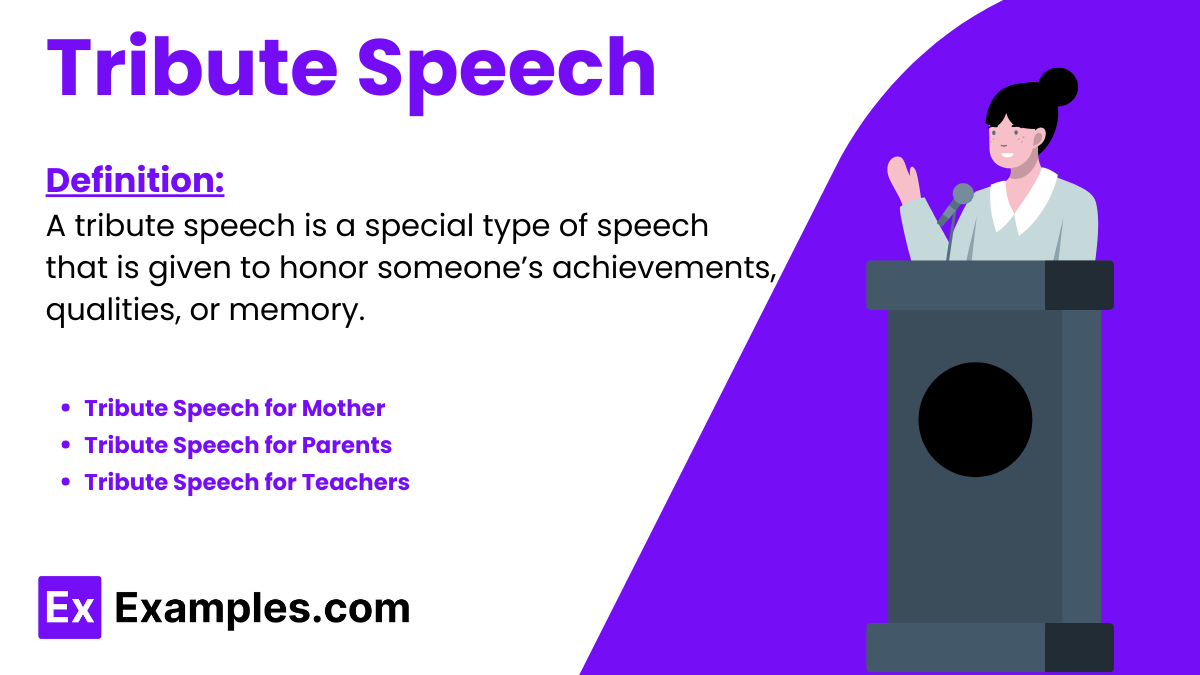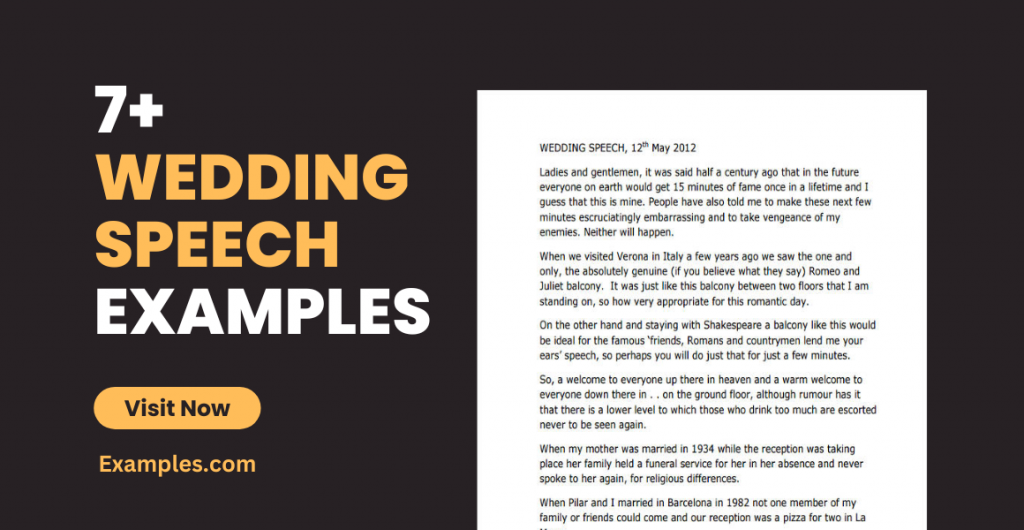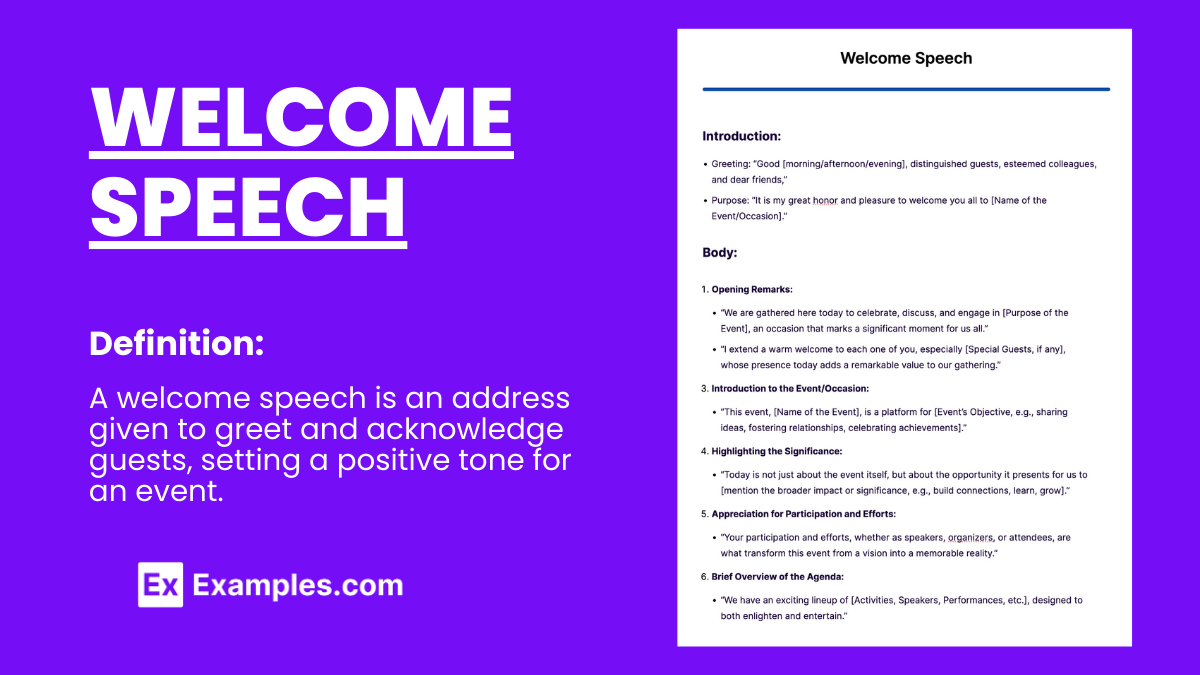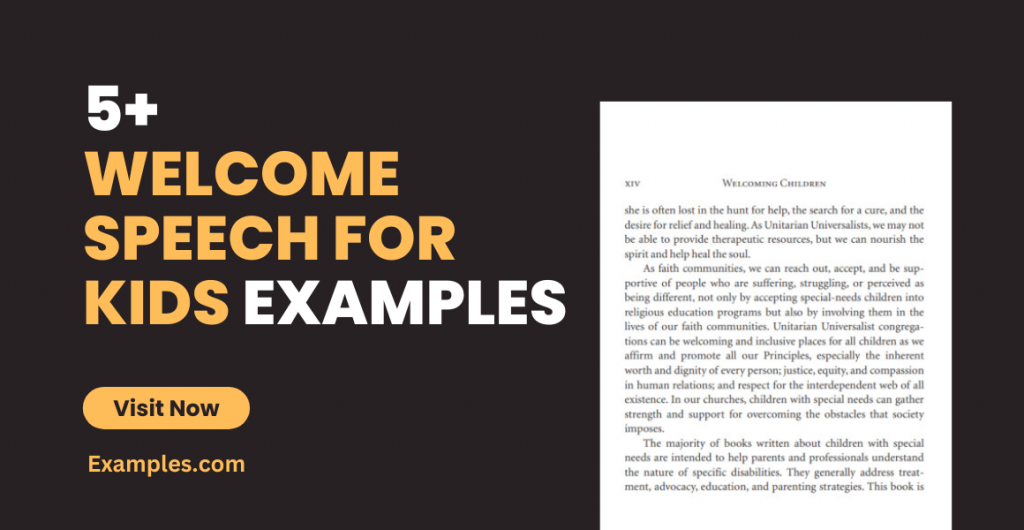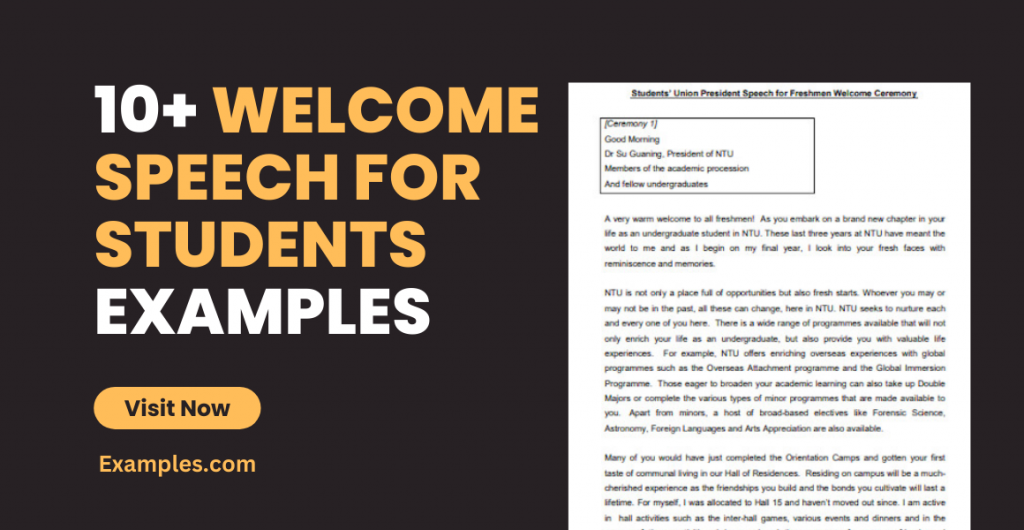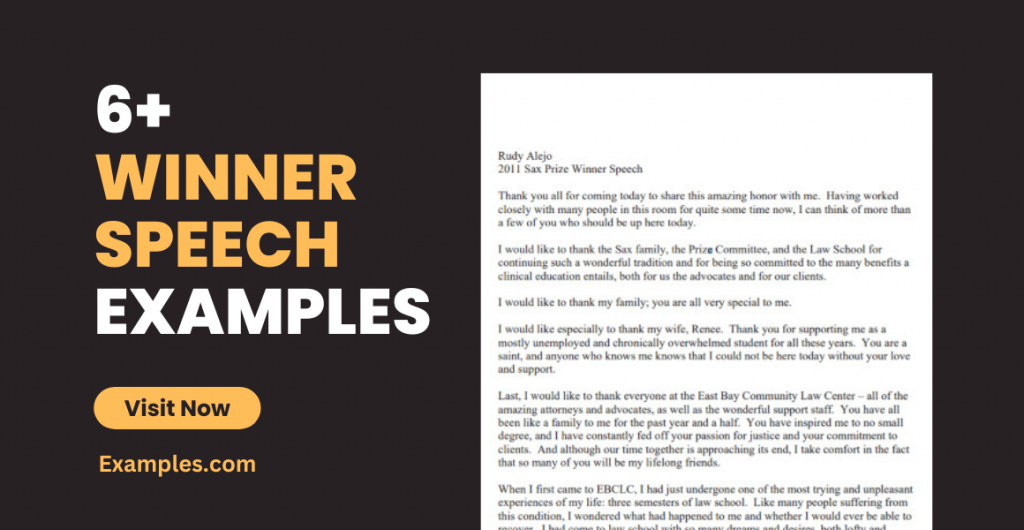It is without a doubt that teaching is a profession that can be both rewarding and challenging. Oftentimes, teachers are not recognized for their hard work, rather they are often ignored by people. Thinking that a teacher’s job is easy and anyone can do it. Fortunately, these days, teachers are slowly getting the recognition they deserve and the fact that they are less ignored.
To any student, a teacher can be many things. A friend, a second parent, and a hero. Are you a student who wishes to thank their teachers for their job well done? Or are you a principal who wishes to thank his or her teacher staff for doing a great job? Either way, if you are looking for a good speech to thank your teachers, here is something you should check out.
Listed below we have some great thank you speech for teachers examples in PDF. Choose which you want and simply click the download button.
[bb_toc content=”][/bb_toc]
1. Thank you Speech for Teachers Template
2. Golden Award Thank you Speech for Teachers
3. Caverley Award Thank you Speech for Teachers
4. Thank you Speech for Professional Teachers
5. Formal Thank you Speech for Teachers
6. Printable Thank you Speech for Teachers
7. President Thank you Speech for Teachers
Defining the Word Thank you
When defining the word thank you, this is an expression of appreciation. A way of saying you are grateful for who or what the person is doing or has done. An action that can be expressed either through words or through deeds.
Defining a Thank You Speech
A thank you speech is a type of speech wherein you are showing your appreciation for someone. A type of action where you are acknowledging all the deeds that have been done by the person. A short public speech that serves to show recognition for the doings that were offered by the person you are thanking for.
Defining the Word Teachers
A person who teaches. A person who is responsible for educating students. A teacher is an individual who engages in the education of a person.
Ways to Write a Thank You Speech for Teachers
The following guidelines will help you write a good thank you speech for teachers.
- Who is it for – When writing your speech, remember to state who you are writing for. Who are you thanking for?
- Don’t make it too long – Remember you are not writing a story. You are writing a speech to simply say thank you to someone.
- Say what you need to say – Just like the guideline above, do not make it too long but say what you need to say. A simple thank you may be enough but you should also add some reasons as to why you are showing gratitude.
- Practice your speech – The one thing to remember is not to bring the copy of your speech. You may use cue cards or be familiarized with what you wrote. Avoid having to bring the whole copy of your speech in front of the stage.
- Avoid saying vulgar words – Avoid saying vulgar or bad words in your speech. Be careful not to say something bad about the person you are speaking and thanking for.
FAQs
How long is a thank you speech?
A thank you speech is usually a page long. This may depend on the one making the speech but it rarely goes to two pages long. You can write a paragraph or two as long as you don’t go over a page. You are simply saying thank you to the person or people whom you are showing gratitude to.
Do I need to mention the names of the people I wish to thank?
If you know their names, it is better to write them down. But in case you do not know and simply wish to thank all your teachers in general, you may simply put it to the teachers and your message.
Am I allowed to bring the copy of my speech in front?
It is highly advisable that you are familiar with your speech than to bring the whole copy in front. Not only is it not formal, it can distract you from saying what you really want to say. Be familiar with your speech. Use some keywords and key terms that go with it. Glance once in a while at your cue cards but avoid reading from them. You must always keep eye contact with your audience.
Why is a thank you speech so important?
A thank you speech is a way to show your appreciation towards someone who has done a good job. It is a way to show how thankful you are for the deeds they have done. It is also a way to prove how grateful you are for the opportunities they have shared with you. Your message can be a simple thank you or get creative with what you wish to tell them.
Do I need to write a thank you speech for each teacher I want to say thanks to?
No. If you wish to write one thank you speech for all the teachers you want to say thanks too, you may do so. Simply by writing their names, give each one of them a paragraph where you are going to write how much you appreciate their efforts and how you appreciate them in general. But if you wish to write a different set of speeches for your teachers, you may do so as well. Except it may take some time and tend to get longer. The best advice is to write one speech and their names and your messages for them.
There you have it. Simple guidelines on what to write in a thank you speech for your teachers. You need not have to write a whole novel or a short story type of speech. A simple thank you may be enough but to use a speech to thank them is better.
Teachers do not often get the appreciation they deserve but with the simple speech to say thank you for their efforts, their jobs and how you are grateful with what they are doing is enough for them to continue with their jobs. Writing the speech, remember the simple guidelines. Get creative as well. A good thank you speech comes from the heart.




